According to Fidesz MEP Tamas Deutsch, Hungary did not give up any part of its sovereignty in 2004. As a member state of the European Union, we, Hungarians, exercise some of our powers together with the member states and EU institutions, and did not hand them over to any international organization.
The Hungarian politician believes that the European Union is a sovereignty project initiated after World War II, in order to ensure that Europe could effectively represent itself in global politics.
However, the European Union has to deal with four negative phenomena at the same time. One of these is a dispute between the member states and the EU institutions, Mr Deutsch explained at the Szazadveg Foundation's "Sovereignty Conference."
EU cooperation is plagued by a debate between EU law and national remits,
– the lawmaker argued, noting that the devolution of powers, once stealthy and hidden, has now become quite obvious and forcefully implemented.
Meanwhile, Europe's weight in world politics is declining in military, economic and political terms. This decline was not alleviated by the Lisbon Conference, which failed to achieve one of its objectives: making the European Union the most competitive region in the world by 2020, he recalled.
More than ten years after the conference, efforts are underway to address innovation and budget deficit issues through capital transfers, i.e. a reallocation of budget resources, MEP Tamas Deutsch has said.
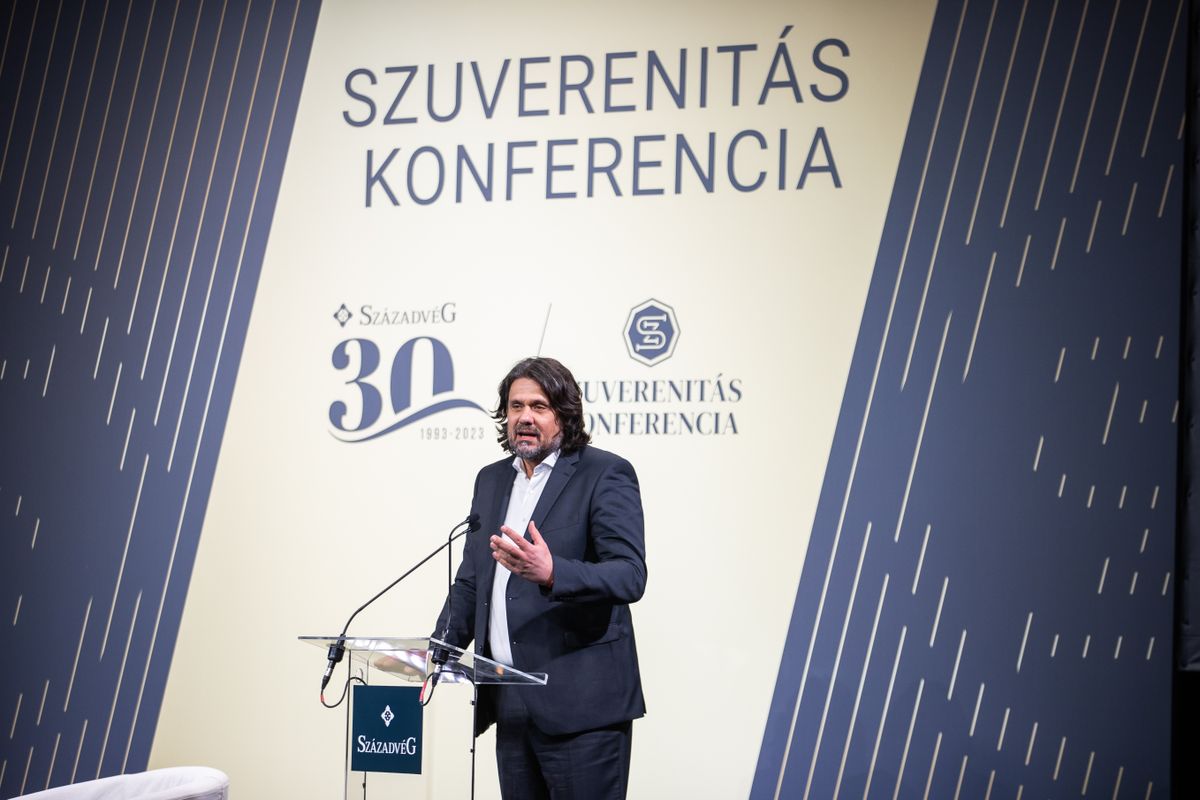
The politician revealed that the plan, which centers on a radical transformation of the EU, has resurfaced once again. He believes that
the proposals outlined in the document fall into the realm of the mind-boggling, the astonishing, and the absurd.
One such proposal in the plan would allow
Interpol to take measures, including arrests, in any member state without informing the authorities of that particular member state.
The other proposal emphasized in the document is that Article 7 proceedings could be determined by a simple majority, and that the voting rights of the member state in question would be automatically suspended that the Court of Justice right after the proceedings have been launched.




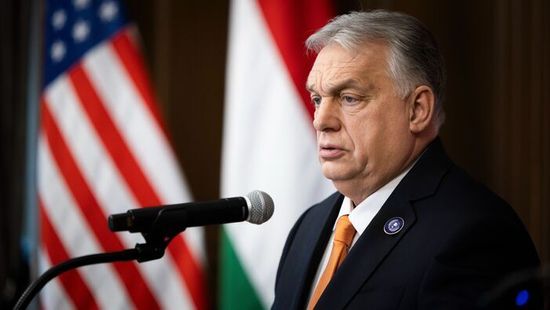

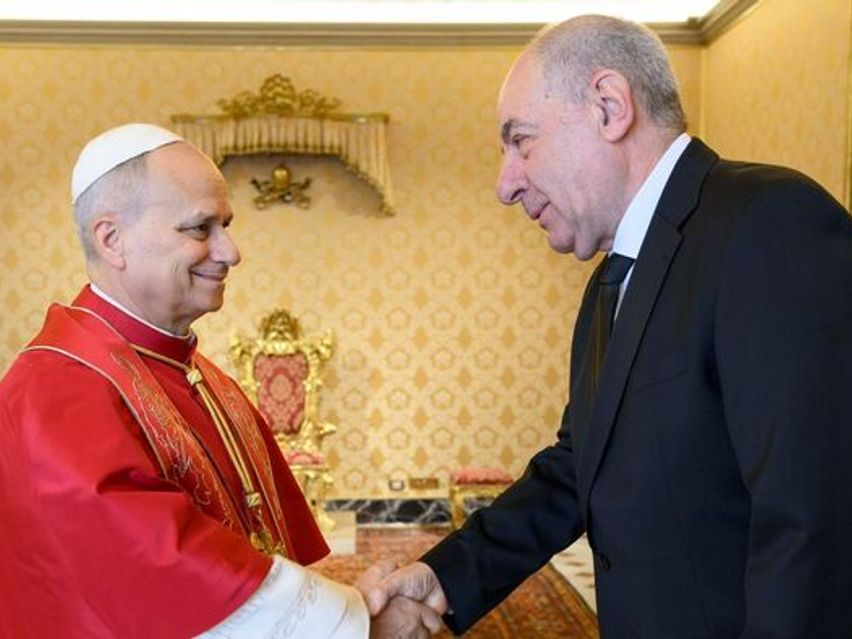





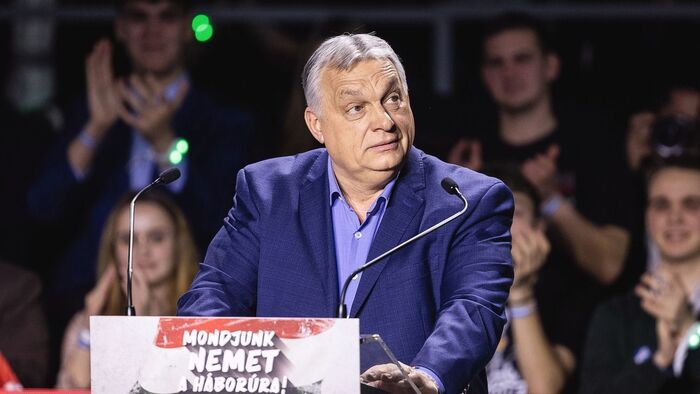



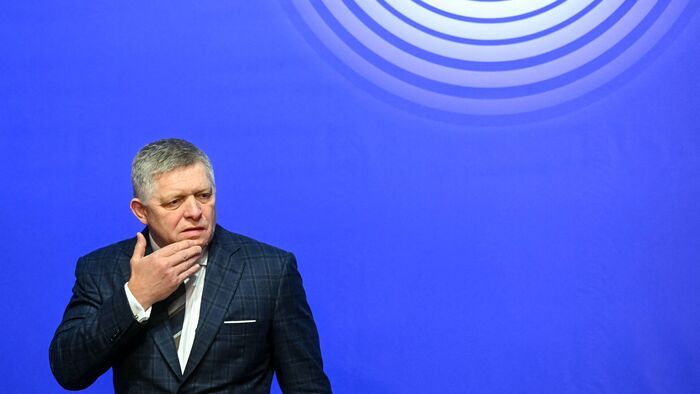






Szóljon hozzá!
Jelenleg csak a hozzászólások egy kis részét látja. Hozzászóláshoz és a további kommentek megtekintéséhez lépjen be, vagy regisztráljon!